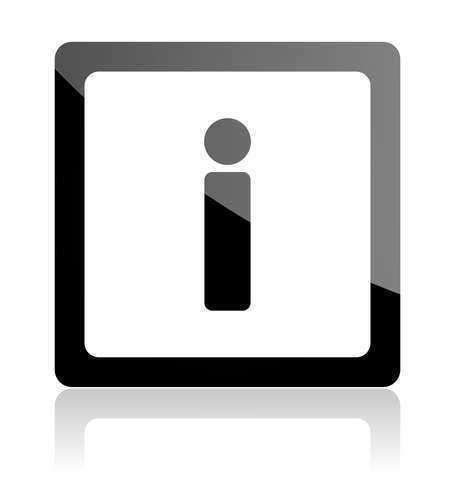Juvenile Hall
What is Juvenile Hall?
Also referred to as a youth detention center, a juvenile hall is a secure, government-run facility that aims to re-educate or rehabilitate young people who have had run-ins with the law. Juvenile halls house youths—termed juvenile delinquents—who are awaiting court hearings and/or placement in rehabilitation programs and long-term care facilities. A juvenile hall is only concerned with detaining minors who have had been convicted or are awaiting trial for an illegal action. Juvenile halls exist because the federal government believes that youths should not be jailed or tried in the same manner as adults. As a result, all juveniles will go through a separate court system, referred to as the juvenile court, which will sentence or commit youths to a certain facility or program.
When a juvenile goes through the juvenile court system, the individual may enter a number of programs or procedures to achieve rehabilitation. Some juveniles, depending on the hearing, may be released directly back into the community or undergo community-run rehabilitative programs, whereas others—who are deemed to pose a greater threat to society or themselves—will be placed in a supervised juvenile hall or detention center. If the state sends a juvenile to a detention center, there are basic types of facilities: a secure confinement or a secure detention center.

Types of Juvenile Halls:
A secure detention center will hold juveniles for short periods of time; these facilities will hold the juvenile while the individual awaits trial or further placement decisions. These centers will ensure that juvenile will make an appearance in court, while also keeping the youth and the community safe. This type of juvenile hall will hold the youth until he or she continues to trial; the secure detention center does not aim to fully re-educate or rehabilitate the individual. While in this form of juvenile hall, the youth is under the custody of the state. The local jurisdiction is responsible for providing recreation, education, health, assessment and minor counseling services with the intent of maintaining the individual’s well-being.
These juvenile halls are reserved for youths who are considered to be a significant threat to the court process, public safety and/or themselves. Within the category of juvenile hall, the broader name for this facility is deemed residential programs. The United States recognizes five types of these programs, including camps, community based centers, residential treatment, detention and corrections. The reason for this variety is that there is not a uniform definition of juvenile halls. Because of this, there is a lack of uniformity across states and a number of names for detention and confinement centers for juveniles.